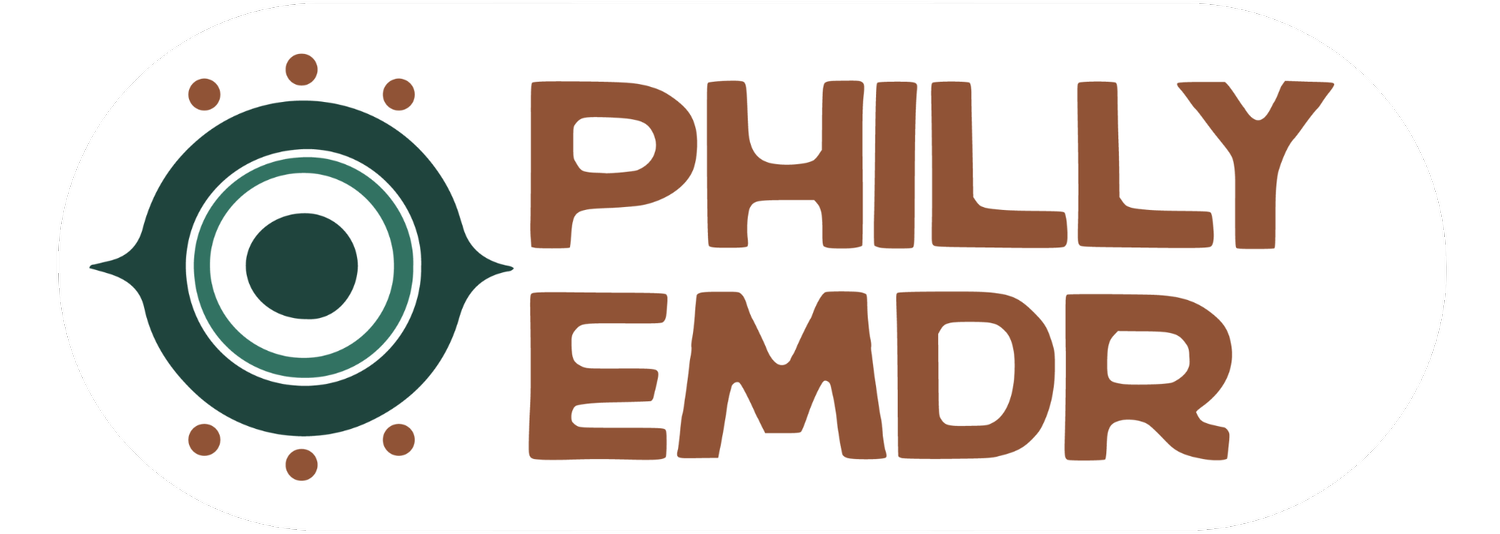Unveiling New Triggers: A Sign of Progress in Trauma Therapy
In our ongoing series, we now turn the attention to a critical aspect of your healing journey: the emergence of new triggers. In my work with clients, people sometimes fear the emergence of new triggers because they believe they are getting worse instead of better when new triggers emerge. However, this is far from a setback. These triggers are indicative of profound progress. Let’s explore the significance of encountering new challenges and the valuable opportunities they present.
New Triggers, Cleared Old Wounds
As you are on your journey through trauma therapy, you may find yourself encountering new triggers that were previously hidden beneath the surface. This revelation is not a sign of regression; instead, it signifies that old wounds have cleared, making way for a new layer. Think of it as emotional exfoliation. When you slough off old, dead skin, your skin feels more tender. And, just like a good exfoliation, getting the oldest layer off of you allows for new, rejuvenated cells to surface. The tender skin might be more easily irritated (new triggers) but you are ultimately moving towards healthier, glowing skin.
Progress, Not Regression
The appearance of new triggers might initially be disheartening or even disturbing, but it's crucial to understand that this is a sign of progress. New triggers reflect the shifts happening within you as you release and process past traumas. Rather than viewing it as a step backward, recognize that you're moving forward in your healing journey. If you were stuck in your healing, you would have the same triggers and issues that you had before. Noticing that there are new things bothering you means that you're gaining a clearer understanding of the complexities within you, paving the way for deeper healing. It also means that you’re embodied, grounded, and paying attention to yourself in ways you weren’t before. These are all really positive things when you are in your trauma-healing work.
New Triggers as Valuable Data
Every new trigger is an opportunity for self-discovery. It's a chance to understand more about your reactions, your vulnerabilities, preferences, and strengths. Instead of viewing these triggers as obstacles, consider them valuable data points and additional chances to work on experiencing the full range of your emotions. This new information about yourself and what is continuing to bother you as you progress through treatment is very useful information for you and your therapist to know because it will help you both determine where to guide the therapy in your ongoing sessions. It also allows you to work on utilizing new coping tools and behaviors you’ve learned in therapy. What coping skills are most effective for you with these new triggers? This exploration provides insights into your resilience and offers a roadmap for refining your coping mechanisms in the future. Both new triggers and coping tools to handle them shows you’re in a dynamic process of self-adjustment based on the evolving landscape of your healing journey.
Harnessing the Power of New Triggers
Encountering new triggers is not a sign of weakness; it's a testament to your strength and resilience. Embrace these moments as opportunities for growth and self-awareness. Each trigger unveils a new level of your healing journey, providing you with the chance to cultivate coping skills that resonate with your evolving self. I tell my clients that they may recognize the “trees” (aka, triggers) in the wilderness of their pain, but every time you take a lap in that forest, it’s from a different vantage point.
As we navigate the holiday season in the context of trauma therapy, remember that every trigger conquered is a step towards a brighter, healthier future. In our next blog, we'll tackle the challenging emotions of frustration, sadness, and anger that may arise when your healing efforts aren't recognized or appreciated. Stay tuned for insights on navigating these emotions with grace and resilience.

